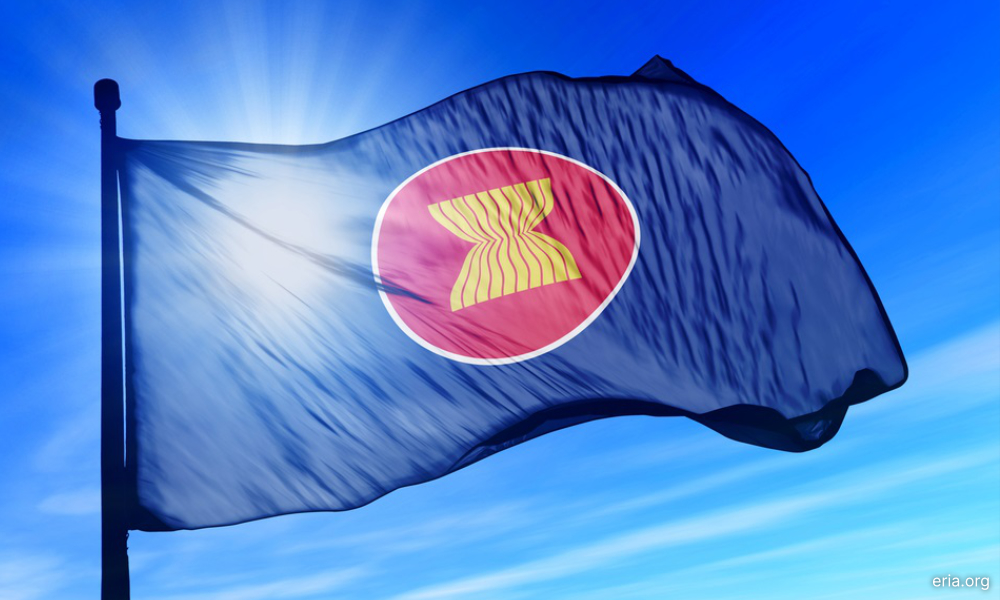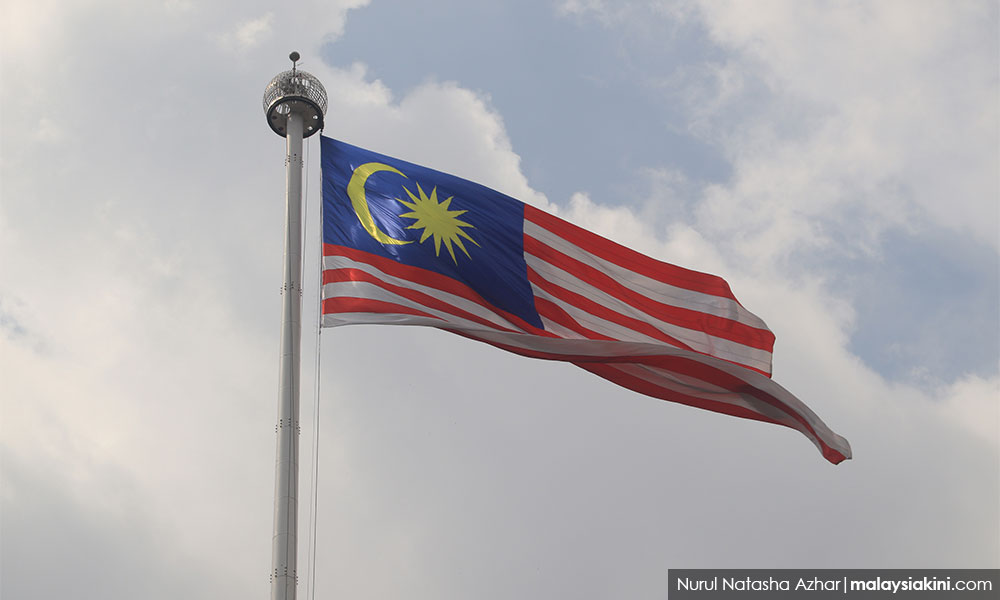LETTER | The recent arrest of former Philippine president Rodrigo Duterte on charges of crimes against humanity has ignited significant debate within the international community.
This development not only underscores the complexities of international justice but also raises concerns about sovereignty, political motivations, and the potential ramifications for Asean, including Malaysia.
The Philippine government’s initial denial of prior knowledge regarding Interpol’s actions has been met with scepticism.
During a Senate hearing, Philippine Center on Transnational Crime (PCTC) executive director Anthony Alcantara acknowledged that the country received a “red diffusion” from Interpol, which differs from a “red notice” in terms of verification and procedural rigor.
This admission contradicts earlier assertions of unawareness, suggesting a need for greater transparency in governmental operations.
Political undertones in arrest
The involvement of high-ranking officials, including the president and three cabinet members, in orchestrating Duterte’s arrest points to potential political motivations.
The government’s decision to fully fund Duterte’s extradition to The Hague, including chartering a private plane, further emphasises the extent of this involvement.
Such actions raise questions about the impartiality of the proceedings and whether they serve broader political agendas rather than the sole pursuit of justice.
A precedent in Asean
Duterte’s arrest sets a significant precedent within Asean, a region characterised by its emphasis on non-interference and respect for sovereignty.
The Philippines’ cooperation with international bodies like the International Criminal Court (ICC) in this context may influence how other Asean nations handle similar situations in the future.

For countries like Malaysia, this development serves as a cautionary tale about the potential for domestic political disputes to invite external intervention, particularly from Western entities.
Malaysia needs to be vigilant
Malaysia must observe these developments closely, recognising the delicate balance between upholding human rights and maintaining national sovereignty.
The potential for international bodies to become involved in domestic affairs, especially when political motivations are at play, necessitates a cautious approach.
Ensuring that internal political conflicts are addressed transparently and justly within national frameworks can mitigate the risk of external interventions that may compromise sovereignty.

The arrest of Duterte underscores the intricate interplay between international justice and national sovereignty. While accountability for alleged human rights violations is imperative, the processes leading to such accountability must be transparent, impartial, and free from political motivations.
Asean nations, including Malaysia, must remain vigilant, ensuring that domestic political dynamics do not open avenues for undue external influence, thereby preserving the region’s autonomy and stability.
The views expressed here are those of the author/contributor and do not necessarily represent the views of Malaysiakini.

